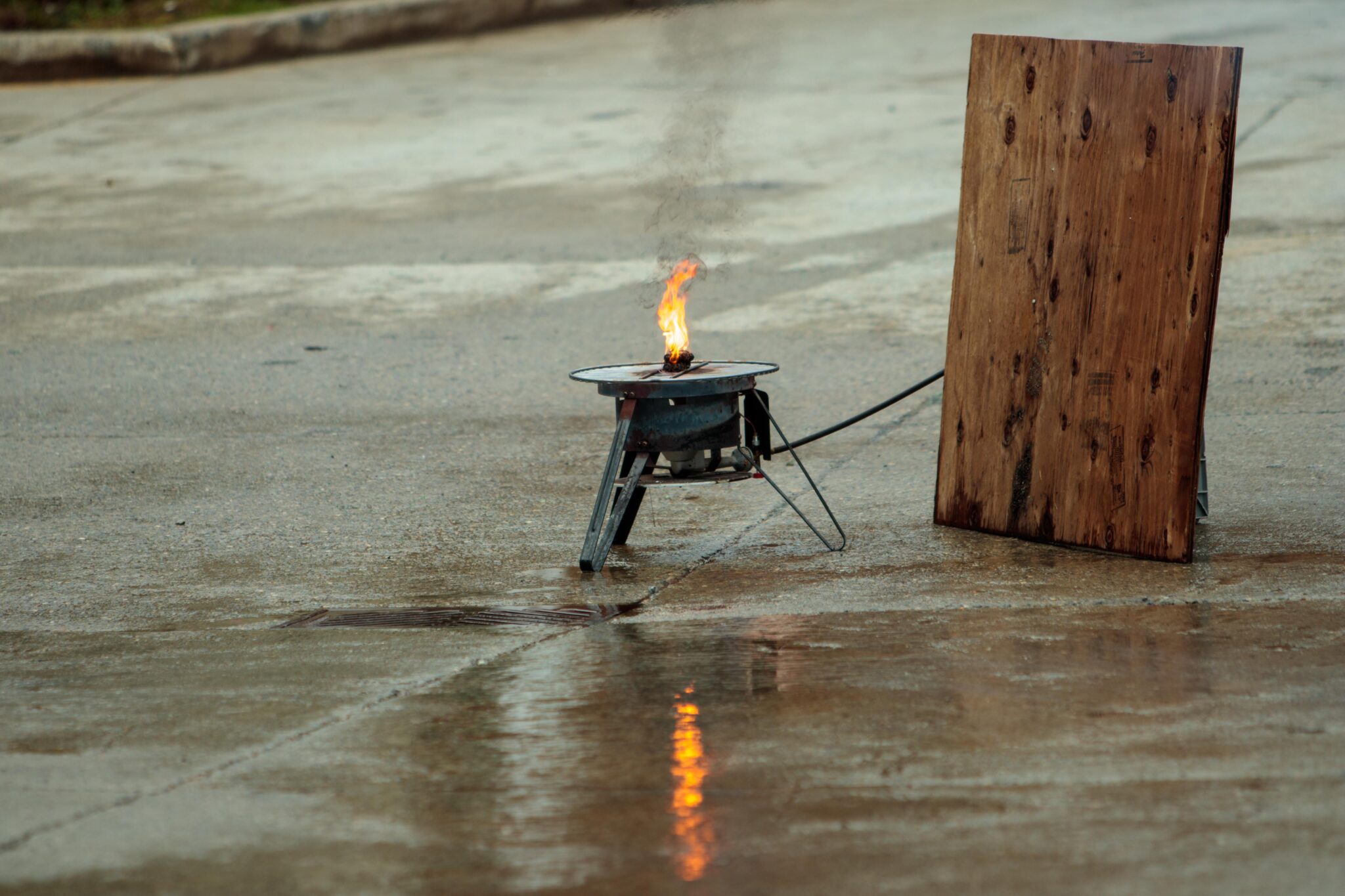
Batteries can be safely and easily disposed of at low or no cost
SEATTLE – Seattle Public Utilities (SPU) announced on Jan. 29 that all batteries from small button cell and alkaline batteries to lithium-ion batteries used in e-bikes and electric vehicles, are banned from the garbage. The SPU Directors Rule prohibiting batteries, items with batteries embedded in them, and electronics such as computers, monitors, and TVs from being disposed of in the garbage, took effect January 1, 2024.
Batteries power our toys, tools, bikes and vehicles, but if not disposed of properly, they can catch fire, putting solid waste collection staff, vehicles, facilities and community members at risk.
“Too often residents are confused about how to dispose of batteries – this new Director’s Rule provides needed clarification to keep communities and our employees safe,” said Mayor Bruce Harrell. “Seattle has long been a leader when it comes to curbside recycling and composting, and this Rule goes further to protect people and the planet.”
“In the last two years, the Seattle Fire Department has responded to 79 lithium-ion battery fires, often involving e-scooters, e-bikes and portable electronics,” said Fire Chief Harold Scoggins. “This is a growing fire safety concern across the nation as consumers purchase more items with lithium-ion batteries. Fires involving batteries can start and spread quickly, so properly storing, charging, and disposing of batteries becomes key to preventing fires where injuries and property loss could occur.”
Not only do batteries have hazardous chemicals that need special handling to be safely disposed of, but they can also pose risks to human health and the environment when disposed through the solid waste collection system. Mercury, lead, cadmium, lithium and other metals (or even acid) can leak from batteries. Alkaline batteries also contain acids that corrode metals and can damage the environment.
“Many electronic products and batteries contain materials that are toxic if disposed of, and they are also highly valuable. These materials can and should be recycled safely into new products,” said SPU General Manager and CEO Andrew Lee. “Reusing and recycling used electronic products and batteries keeps these toxic materials out of our landfills and helps to reduce the negative impacts of producing new products on our air, water, and climate.”
There are several ways SPU customers can safely dispose of their batteries and electronics:
Battery Disposal Options:
- Free Drop off: SPU North or South Transfer Stations, Household Hazardous Waste Management facilities, or partner retail locations www.call2recycle.org/
- At home: request a Special Item Pickup ($5 charge, note for multifamily customers, the account holder, such as the property manager, needs to schedule the pickup)
If a battery is damaged or defective, customers should drop off at a Household Hazardous Waste Management facility (free of charge).
Electronics Disposal Options:
- Free Drop off: SPU North Transfer Station or E-cycle WA locations.
- At home: request a Special Item Pickup ($20 for Special Items box, $30 for TVs larger than 2 ft., note for multifamily customers, the account holder, such as the property manager, needs to schedule the pickup)
Special items pickups are free for Utility Discount Program customers.
The new Director’s Rule addresses the immediate need for batteries to be disposed of safely and properly, as the product stewardship program, passed in 2023 by the Washington State Legislature, does not take effect until 2027.
For more information about safe battery disposal, please visit: https://atyourservice.seattle.gov/2024/01/23/seattle-says-goodbye-to-batteries-and-electronics-in-the-garbage/
For more information about the fire danger batteries pose, please visit: https://fireline.seattle.gov/2023/10/26/lithium-ion-battery-fire-safety-2/


